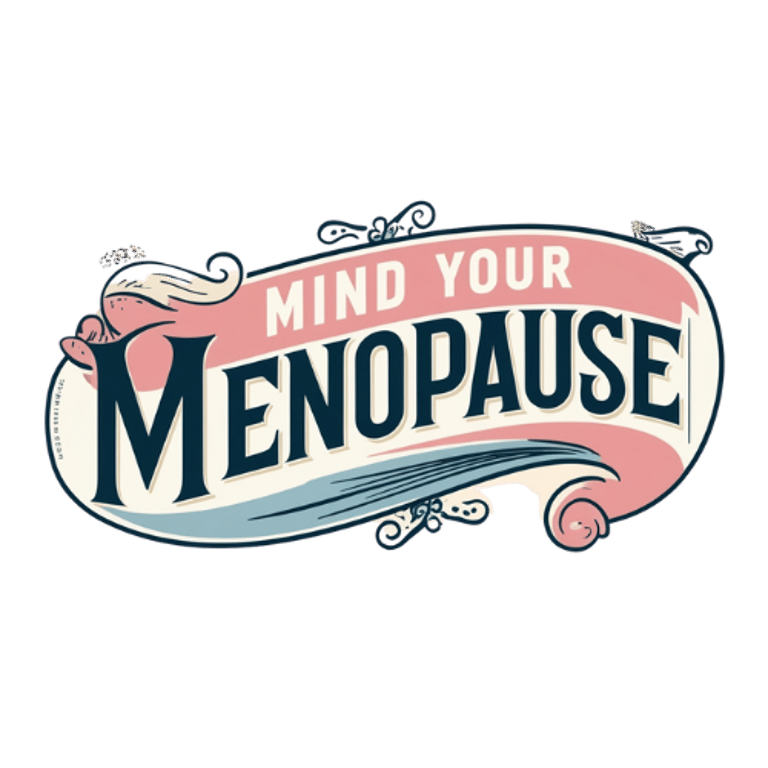Menopause Bloating? These 5 Foods Could Be Making It Worse
Feeling bloated all the time, even when eating healthy? Menopause changes how your body digests food, making certain foods more likely to trigger bloating, discomfort, and sluggish digestion. In this article, discover five surprising foods that could be making your bloating worse—and what to eat instead to improve digestion, reduce inflammation, and feel lighter every day.
1/13/20252 min read


Struggling with constant bloating, no matter what you eat? You’re not alone.
Bloating is one of the most common yet frustrating symptoms of menopause. Even if you’ve always had a strong digestive system, hormonal shifts can make your gut more sensitive to certain foods, leaving you feeling puffy, sluggish, and uncomfortable.
The good news? You don’t have to accept bloating as part of menopause. Avoiding just a few common food triggers can make a huge difference in how you feel. Let’s dive into the five foods that could be making your bloating worse—and what to eat instead.
1. Dairy Products (Yes, Even If You’ve Never Been Lactose Intolerant)
As estrogen declines, your body produces less lactase, the enzyme needed to digest lactose (the sugar in dairy). This can lead to:
Gas and bloating
Stomach cramps
Slower digestion
What to Eat Instead:
✅ Switch to lactose-free alternatives like coconut, almond, or oat milk.
✅ Try plant-based yogurts with probiotics for gut health.
✅ If you still enjoy dairy, fermented options like kefir and aged cheeses are easier to digest.
2. Cruciferous Vegetables (But Don’t Cut Them Out Completely!)
Broccoli, cabbage, and Brussels sprouts are packed with hormone-balancing nutrients, but they also contain raffinose, a carbohydrate that ferments in the gut, causing:
Gas buildup and bloating
Sluggish digestion
What to Eat Instead:
✅ Cook these veggies instead of eating them raw—this makes them easier to digest.
✅ Eat smaller portions and pair them with gut-friendly foods like ginger or lemon.
✅ Try fermented versions like sauerkraut to support digestion.
3. Carbonated Drinks (Even Sparkling Water!)
Bubbles may feel refreshing, but they trap gas in your digestive system, leading to:
Stomach expansion
Increased bloating
Even sugar-free sodas with artificial sweeteners can irritate the gut and disrupt digestion.
What to Drink Instead:
Choose still water with lemon for a natural digestive boost.
Drink herbal teas like peppermint, ginger, or fennel to reduce bloating.
4. Processed & Artificial Sweeteners (Especially Sugar Alcohols)
Menopause makes blood sugar levels more unstable, and many women turn to sugar substitutes. But sugar alcohols like sorbitol, maltitol, and xylitol are hard for the gut to break down, causing:
Gas and bloating
Diarrhea and cramping
What to Eat Instead:
If you need a sweetener, choose raw honey, coconut sugar, or monk fruit.
Eat whole foods that naturally satisfy cravings, like berries or dark chocolate.
5. Gluten (Even If You’re Not Celiac!)
Hormonal shifts can make you more sensitive to gluten, even if you’ve never had an issue before. Gluten can cause:
Inflammation in the gut
Water retention and bloating
Slower digestion
What to Eat Instead:
Try gluten-free grains like quinoa, buckwheat, and brown rice.
If you eat bread, choose sourdough, which is easier on digestion.
Final Thoughts: Reduce Bloating, Feel Lighter
Bloating in menopause isn’t just annoying—it’s a sign your gut and hormones need support. By avoiding these common food triggers and replacing them with gut-friendly alternatives, you can start feeling lighter, more energized, and more comfortable every day.
Want a step-by-step guide to healing your gut and balancing your hormones?
👉 Get Your Free free MEND Gut-Healing Blueprint now!
Mind Your Menopause
Supporting women through menopause with expert guidance.
team@mindyourmenopause.shop
© 2025. All rights reserved.
